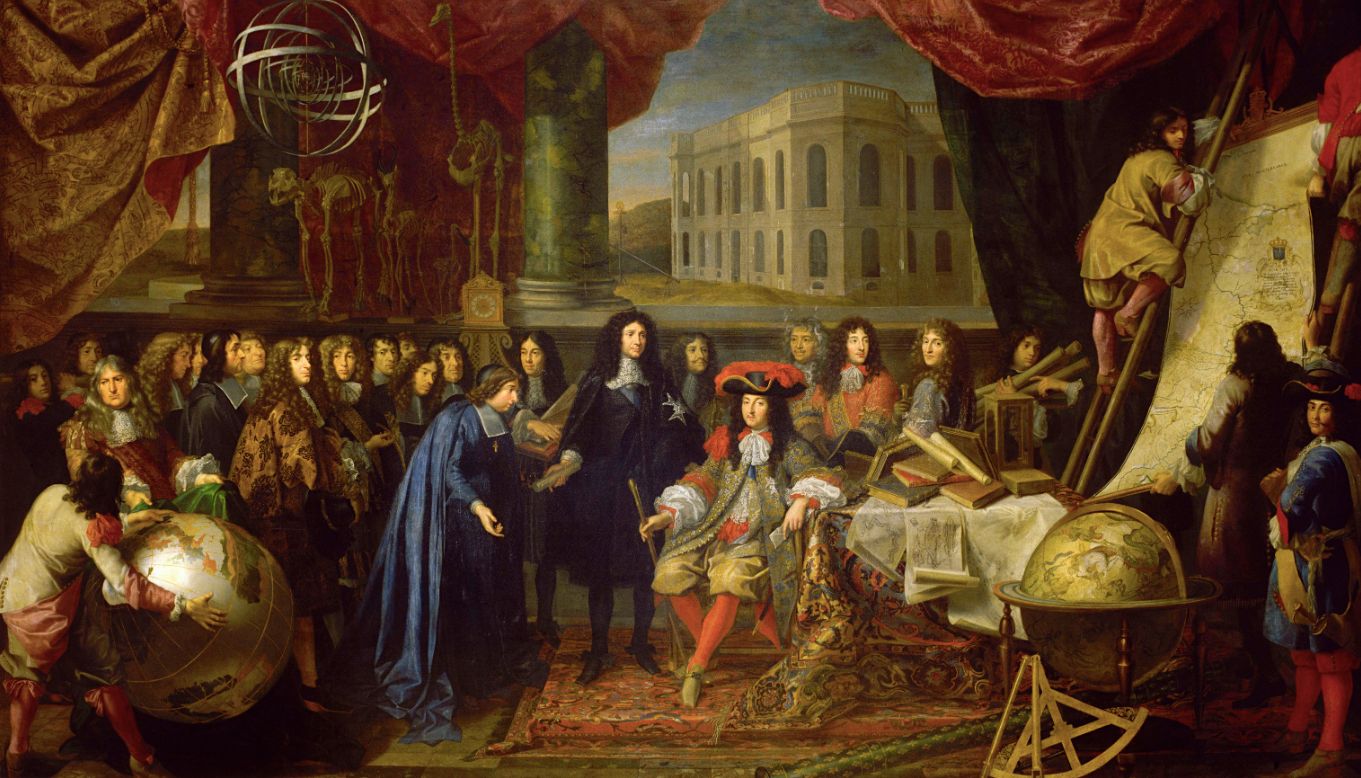
What was the Scientific Revolution? The Scientific Revolution was a period of dramatic change in thought and belief, spanning roughly from the 16th to the 18th century. During this time, traditional views of the universe were challenged, leading to groundbreaking discoveries in physics, astronomy, biology, and chemistry. Key figures like Galileo Galilei, Isaac Newton, and Nicolaus Copernicus questioned old ideas and laid the foundation for modern science. This era saw the development of the scientific method, emphasizing observation, experimentation, and rationality. The impact of the Scientific Revolution extends beyond science, influencing philosophy, politics, and society as a whole. Curious to learn more? Here are 25 fascinating facts about this transformative period.
The Birth of Modern Science
The Scientific Revolution was a pivotal period in history. It transformed the way people understood the world. Here are some fascinating facts about this era.
- The Scientific Revolution began in the late Renaissance, around the 16th century.
- Nicolaus Copernicus proposed the heliocentric model, which placed the Sun at the center of the universe.
- Galileo Galilei improved the telescope, allowing for more detailed observations of celestial bodies.
- Johannes Kepler formulated the laws of planetary motion, describing the orbits of planets around the Sun.
- Isaac Newton's laws of motion and universal gravitation were groundbreaking in physics.
Key Figures and Their Contributions
Several key figures made significant contributions during the Scientific Revolution. Their work laid the foundation for modern science.
- Andreas Vesalius published "De humani corporis fabrica," revolutionizing the study of human anatomy.
- William Harvey discovered the circulation of blood, changing the understanding of the human body.
- René Descartes emphasized the importance of doubt and questioning in scientific inquiry.
- Robert Boyle is often considered the father of modern chemistry for his work on gases and the scientific method.
- Antonie van Leeuwenhoek used microscopes to discover microorganisms, opening up a new world of biology.
Major Discoveries and Inventions
The Scientific Revolution was marked by numerous discoveries and inventions that changed the course of history.
- The invention of the barometer by Evangelista Torricelli allowed for the measurement of atmospheric pressure.
- Christiaan Huygens developed the pendulum clock, improving timekeeping accuracy.
- The discovery of the laws of optics by Isaac Newton and others advanced the understanding of light and vision.
- The development of calculus by Isaac Newton and Gottfried Wilhelm Leibniz provided powerful tools for mathematical analysis.
- The creation of the first accurate star catalog by Tycho Brahe improved navigation and astronomy.
Impact on Society and Culture
The Scientific Revolution had a profound impact on society and culture, influencing various aspects of life.
- The scientific method, emphasizing observation and experimentation, became the standard for scientific inquiry.
- The revolution challenged traditional beliefs and authority, leading to conflicts with religious institutions.
- The rise of scientific societies, such as the Royal Society in England, promoted collaboration and dissemination of knowledge.
- The Enlightenment, a cultural movement emphasizing reason and individualism, was heavily influenced by scientific advancements.
- The revolution paved the way for the Industrial Revolution, leading to technological advancements and economic growth.
Legacy of the Scientific Revolution
The legacy of the Scientific Revolution continues to shape the modern world. Its influence can be seen in various fields and everyday life.
- Modern medicine owes much to the discoveries made during the Scientific Revolution.
- The revolution laid the groundwork for modern physics, chemistry, and biology.
- The emphasis on empirical evidence and the scientific method remains central to scientific research today.
- The revolution inspired future generations of scientists, leading to further advancements and discoveries.
- The Scientific Revolution demonstrated the power of human curiosity and the pursuit of knowledge, inspiring continued exploration and innovation.
The Lasting Impact of the Scientific Revolution
The Scientific Revolution changed how we see the world. It wasn't just about new inventions or discoveries. It shifted our thinking. People began to question old beliefs and seek evidence. This period gave us the scientific method, which is still used today. Think about it: without this revolution, we might not have modern medicine, technology, or even the internet. The work of Galileo, Newton, and others laid the groundwork for countless advancements. Their curiosity and determination pushed humanity forward. The Scientific Revolution wasn't just a moment in history; it was a turning point. It taught us the importance of questioning, experimenting, and learning. As we move forward, let's remember the lessons from this era. Embrace curiosity, seek knowledge, and never stop questioning. The spirit of the Scientific Revolution lives on in every discovery we make today.
Was this page helpful?
Our commitment to delivering trustworthy and engaging content is at the heart of what we do. Each fact on our site is contributed by real users like you, bringing a wealth of diverse insights and information. To ensure the highest standards of accuracy and reliability, our dedicated editors meticulously review each submission. This process guarantees that the facts we share are not only fascinating but also credible. Trust in our commitment to quality and authenticity as you explore and learn with us.
